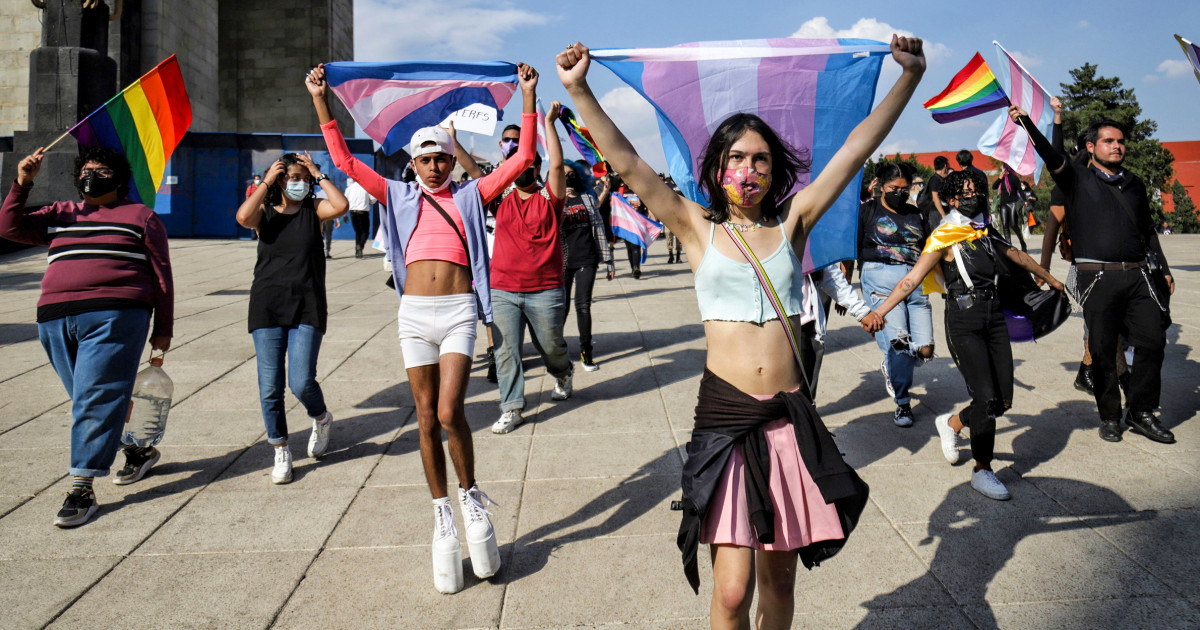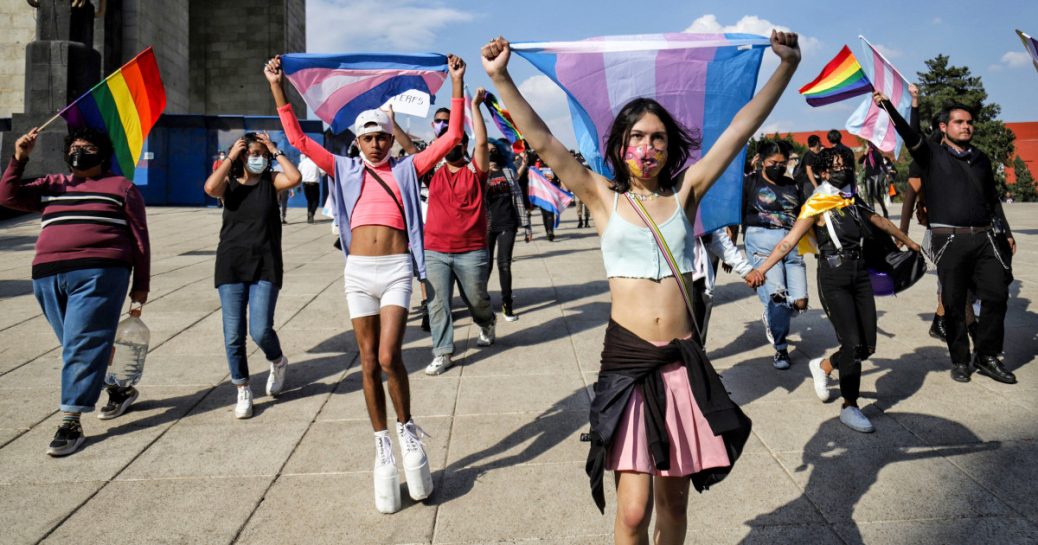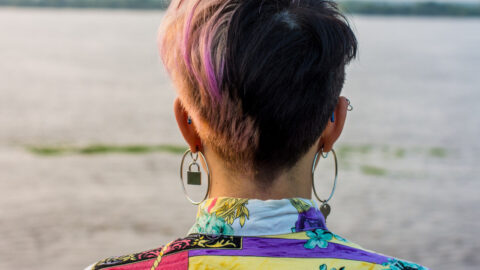
An organization that provides suicide prevention and crisis intervention services to thousands of young LGBTQ people in the United States announced on Wednesday that it is expanding its services to Mexico.
The Trevor Project — named after “Trevor,” an Academy Award-winning short film about a gay teenager who attempts suicide — estimates that more than 745,000 Mexico-based LGBTQ youths ages 13 to 24 are in crisis each year, though it notes that figure is a rough approximation due to the “severe lack of data.” It also estimates that over 40 million queer youths worldwide seriously consider suicide annually.
To counter the harrowing numbers, the group said that it will offer its round-the-clock digital services — including text and online chat suicide prevention and crisis services — for LGBTQ youths in Mexico by the end of 2022. The expansion into the U.S.’s southern neighbor is the first time the group will offer its services abroad since its founding in 1998.
“LGBTQ young people everywhere deserve not just to survive, but to thrive,” The Trevor Project CEO Amit Paley said. “We don’t think that just because you happen to have been born in one country that means you are more or less deserving of critical, lifesaving services and affirmation.”
The nonprofit has been pivotal in providing LGBTQ youths in the U.S. with mental health services, where it estimates 42 percent of LGBTQ youths and more than half of trans youth seriously considered suicide last year.
It hopes to replicate its efforts in Mexico, where its services will be available in Spanish, in addition to English. The group also said in a statement that it will be collaborating with local organizations throughout the country “to build on the progress they’ve already made.”
LGBTQ rights have had several advancements in Mexico within the last two decades.
In 2009, Mexico City became the first city in Latin America to legalize same-sex marriage. Since then, same-sex marriage has been legalized in at least a dozen of Mexico’s 32 states, according to the international advocacy group Human Rights Watch.
And beyond same-sex marriage, 19 Mexican states also have legal gender recognition procedures, allowing individuals to change their gender identity on their official documents, according to the advocacy organization.
However, Cristian González Cabrera, who researches LGBTQ rights in Latin America for Human Rights Watch, said there’s still “a lot to be done” and that The Trevor Project’s expansion in Mexico will be “very welcome.”
“Legal advances don’t always translate to social or lived progress for LGBTQ people in the region,” Cabrera said. “Mexico remains a conservative country in certain aspects and regions, and LGBTQ people continue to experience all sorts of discrimination in all sectors of life, whether that’s education, health care, in the job market, et cetera.”
Research has also shown that LGBTQ people living in Mexico are more prone to violence.
At least 79 LGBTQ people were killed in Mexico in 2020, more than six a month, according to the Mexican LGBTQ rights group Letra Ese.
Through its research in the United States, The Trevor Project has also found that LGBTQ youths who reported having at least one LGBTQ-affirming space had lower rates of suicide attempts.
The group hopes that by expanding its services to Mexico, it can help to create supportive spaces for the country’s LGBTQ youths and save lives as a result, Paley said.
“Mexico is going to be the first country we’re launching in, but it will not be the last,” he said.
If you or someone you know is in crisis, call the National Suicide Prevention Lifeline at 800-273-8255, text HOME to 741741 or visit SpeakingOfSuicide.com/resources for additional resources.










Recent Comments